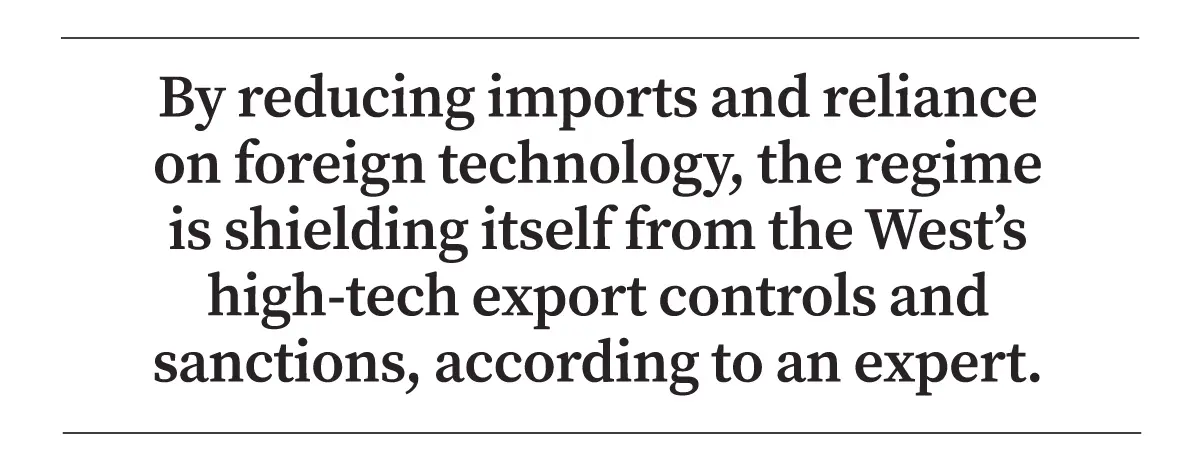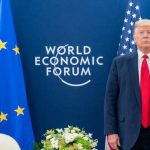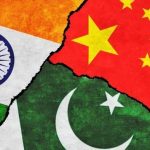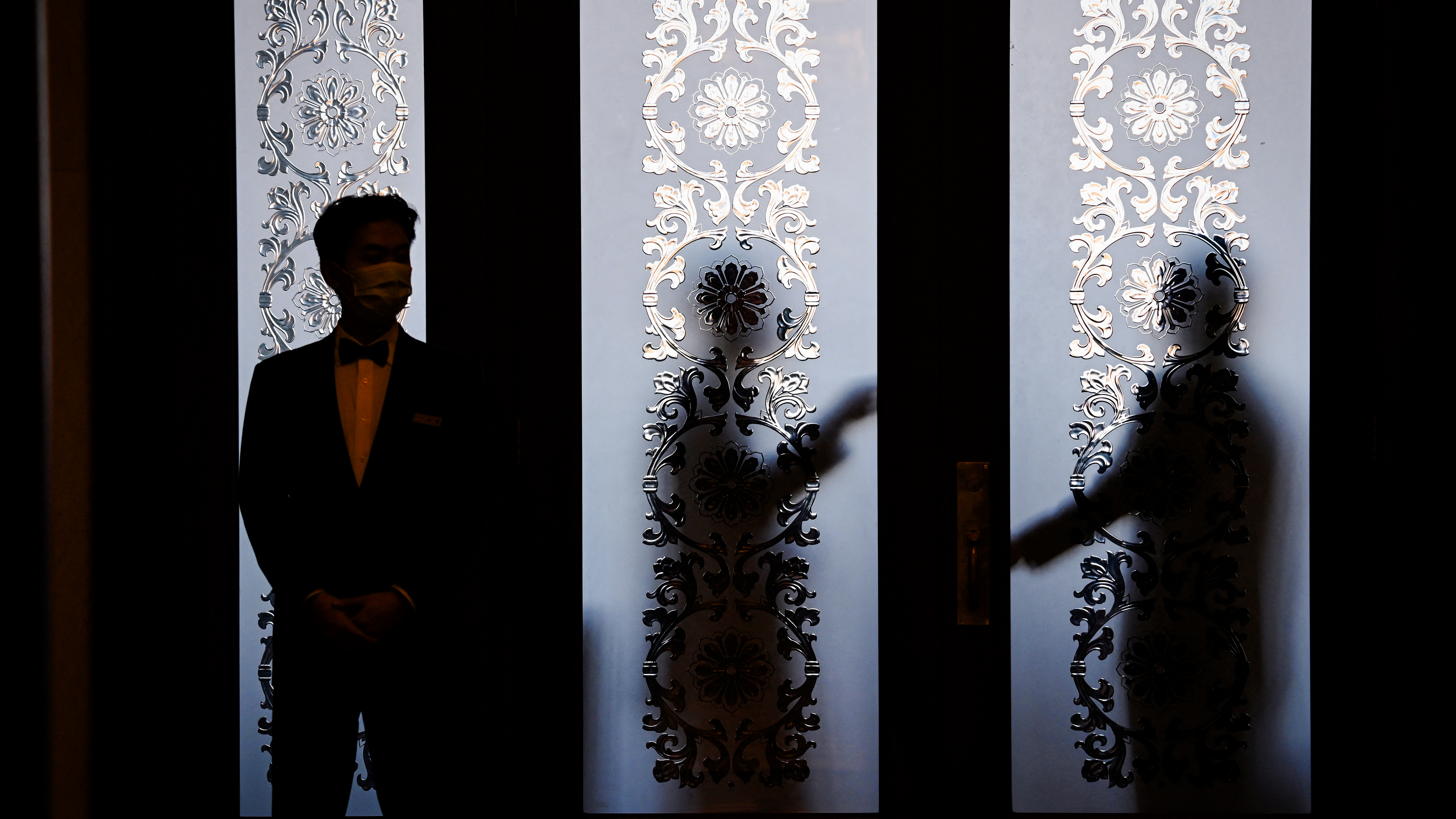
The high-stakes Fourth Plenum, a four-day gathering of more than 300 members from the regime’s governing Central Committee, came with more than its usual share of intrigue—including mass military purges, the sidelining of Xi’s allies, unexplained absences, and a shift from the Party’s usual political priorities.
While China’s state-controlled narratives continue to project Party unity, signs of discord coming out of the highly choreographed meeting reveal significant tensions beneath the surface, analysts and insiders say.
Turmoil Unfolding
The Fourth Plenum kicked off on Oct. 20 following the ouster of nine senior generals, including China’s second-highest-ranked military official, in one of the largest public military reshuffles in decades.
All nine were military leaders that Xi had personally elevated, and several had started off in the former 31st Group Army, a military unit in Fujian Province bordering Taiwan, where Xi worked for 17 years in the early stages of his political career.
The unit became so closely associated with Xi that analysts sometimes referred to it as Xi’s “family army.” Since taking control of the Chinese Communist Party in 2012, Xi has packed key military posts with veterans from the group while rooting out those he considered a threat through his far-reaching anti-corruption drive.
“It makes no sense for Xi Jinping himself, who has only the support of his faction, to begin removing members of that faction,” Mosher said.
Political affairs commentator Jason Ma likewise found the moves hard to justify.
He pointed to the recent downfall of Xi protégé Adm. Miao Hua, whose long tenure at the 31st Group Army crossed with Xi’s 17 years in Fujian—a connection largely thought to have led to Miao’s rapid advancement under Xi.
“No leader can exercise authority without people who answer their personal command, and Miao was just such an old subordinate to carry out Xi’s orders in the military,” Ma said during his Chinese-language current affairs program on NTD, a sister outlet of The Epoch Times.
Those skipped over were mostly longtime associates of Xi. One prominent example is Fang Yongxiang, a Fujian native who spent decades in the 31st Group Army and, until recently, headed the Central Military Commission General Office, a critical role that functions as the eyes and ears for Xi.
The turbulence in top Party ranks spilled further into the open after a roll call of attendees.
Nearly one in six officials failed to show up at the plenary—a record unsurpassed for about half a century.
After accounting for one death and 14 expulsions, there were still 26 members and 16 nonvoting members missing from the session with no explanation, leading to questions about their political fate.
What’s unfolding is the hollowing out of Xi’s power, according to Ma. In the intense political struggle, he said, Xi’s trusted aides are on the losing end, and he is no longer in a position to intervene.
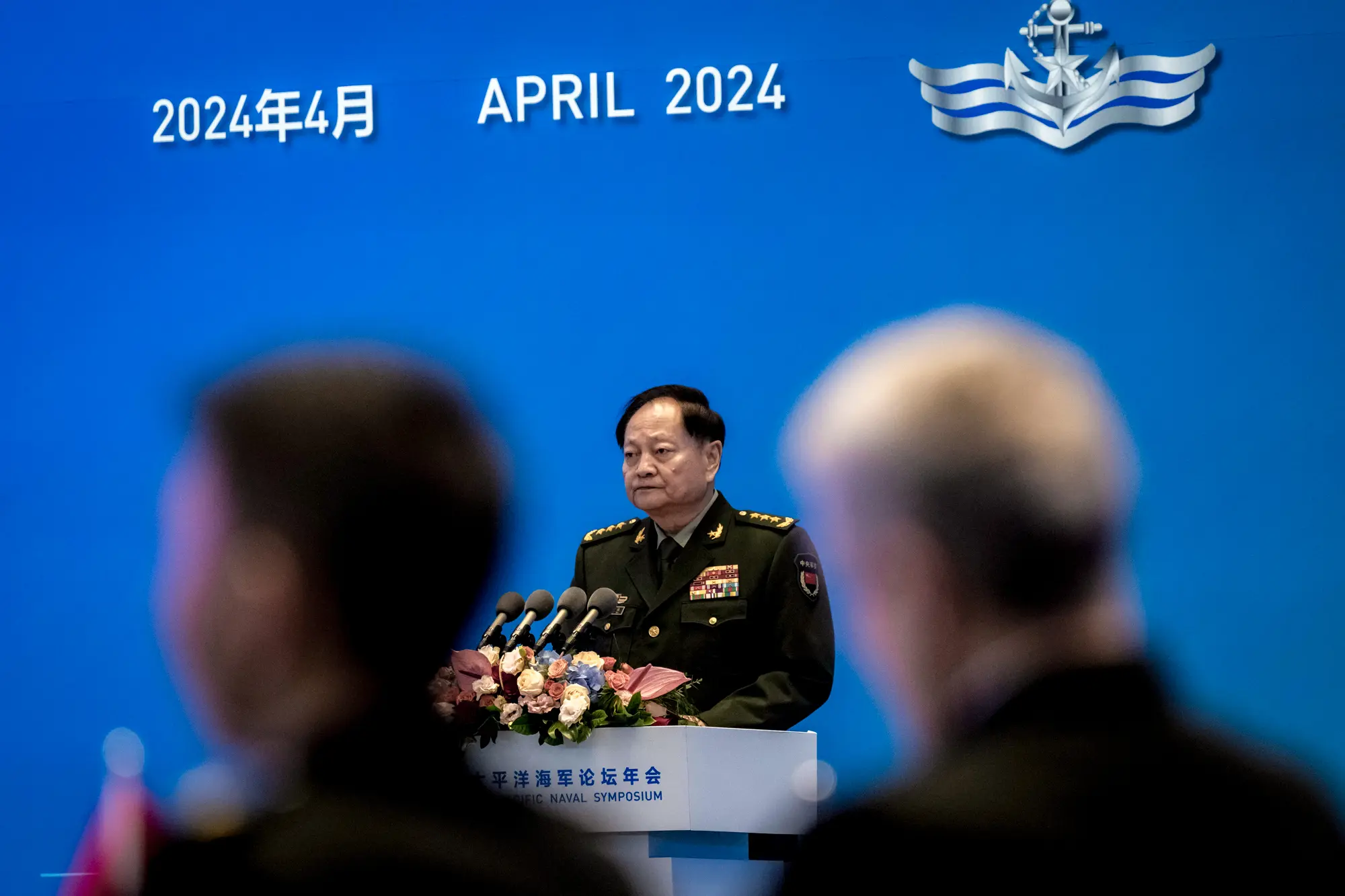
Rise of a General
If Xi’s authority is weakening, riding the wave is Gen. Zhang Youxia, the first-ranked vice chairman of the Central Military Commission and once a longtime ally of Xi.
Xi’s and Zhang’s fathers fought together during the Chinese civil war, and the sons have known each other since childhood. But insiders say Xi and Zhang have diverged on significant policy issues in recent years, particularly on the handling of Taiwan.
Reclaiming Taiwan has been a longstanding goal for the Chinese regime, and Xi, in a televised New Year’s speech on Jan. 1, called reunification a “historical trend” that “no one can stop.”
Insiders close to senior officials in the Chinese military say Zhang holds a different view. They told The Epoch Times that in multiple internal meetings, Zhang has objected to mounting a Taiwan invasion, warning Party officials that such a move could risk involvement by the U.S. military and its allies, pulling China into a costly war that the regime can hardly afford and throwing the country into chaos.
Xi deems Zhang’s opposition as undermining military morale, according to one of three sources who spoke to The Epoch Times on condition of anonymity. Xi ordered a probe in 2023 into the Rocket Force and the Equipment Development Department, which was led by Zhang, one source said.
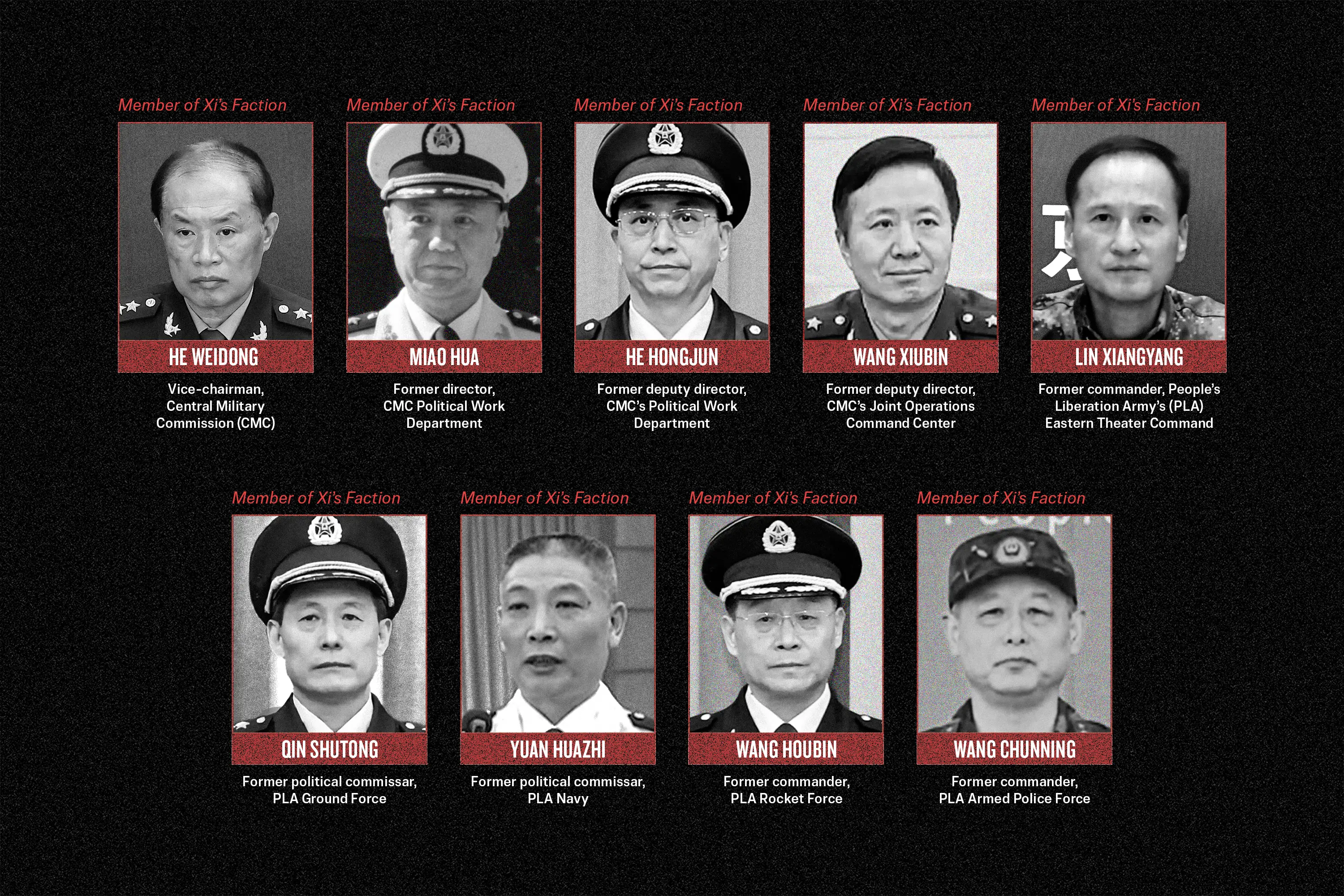
He’s replacement, Zhang Shengmin, was selected as a compromise, one insider said.
As the top military anti-graft enforcer, Zhang Shengmin has risen through the ranks with Zhang Youxia’s mentorship, one of the sources said, describing the former as a “centrist” and the safest choice to appease both sides in the ongoing political fight.
Anomalies during the regime’s September military parade as indicators of Zhang Youxia’s growing influence also sparked speculation.
On the platform overlooking Tiananmen Square, Zhang Youxia appeared alongside retired Party elders, who, by Party hierarchy, are above his station. Given the regime’s strict protocols, down to every minutiae for such political occasions, the sighting implied Zhang Youxia’s political standing had been elevated, several analysts noted.
A further departure from the norm was the choice for the parade’s master of ceremonies. Traditionally a task for the Central Theater commander—a general—the role this year fell to junior-ranking Han Shengyan, a close aide to Zhang Youxia.
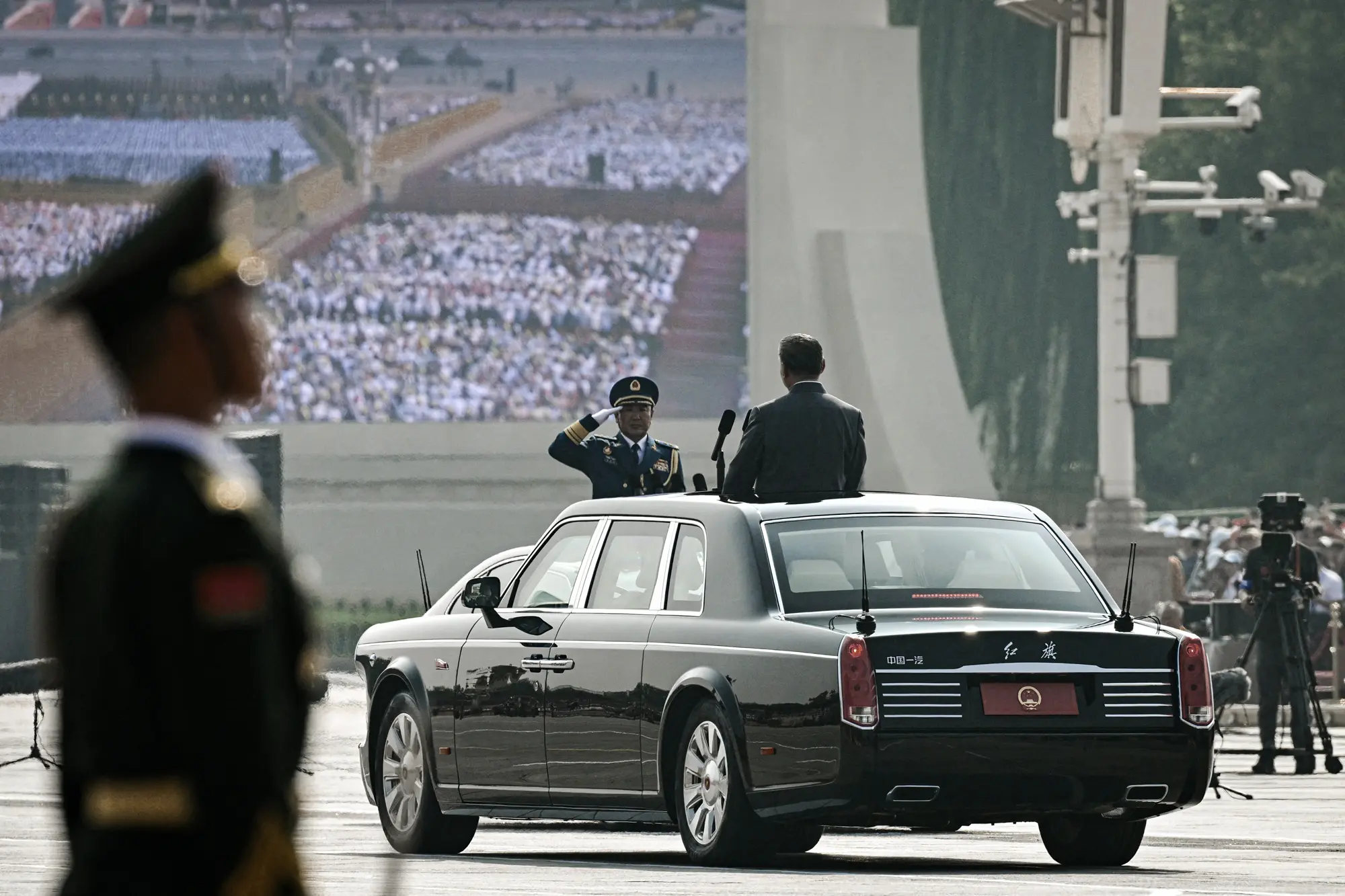
Tug of War
One of the military sources says the deepening political cleansing has eliminated much of the Xi clique and strengthened Zhang Youxia’s military footing, but Xi still holds the upper hand in other key state organs such as the political and propaganda apparatus.
He said that Xi “just had a bad moment.”
Analyst Shen Ming-Shih says the order may well have come from the Chinese leader.
“It’s about a power struggle, a political calculation,” Shen, a researcher at the Taipei-based Institute for National Defense and Security Research, told The Epoch Times.
To maintain power, he said, Xi is trying to create issues for his rivals and show who’s in charge.
It’s part of a political tug-of-war, with the hardliners such as Xi stoking tensions while the dovish want to smooth things over, Shen said.
Yeh Yao-yuan, chair of international studies and political science at the University of St. Thomas, echoed this view.
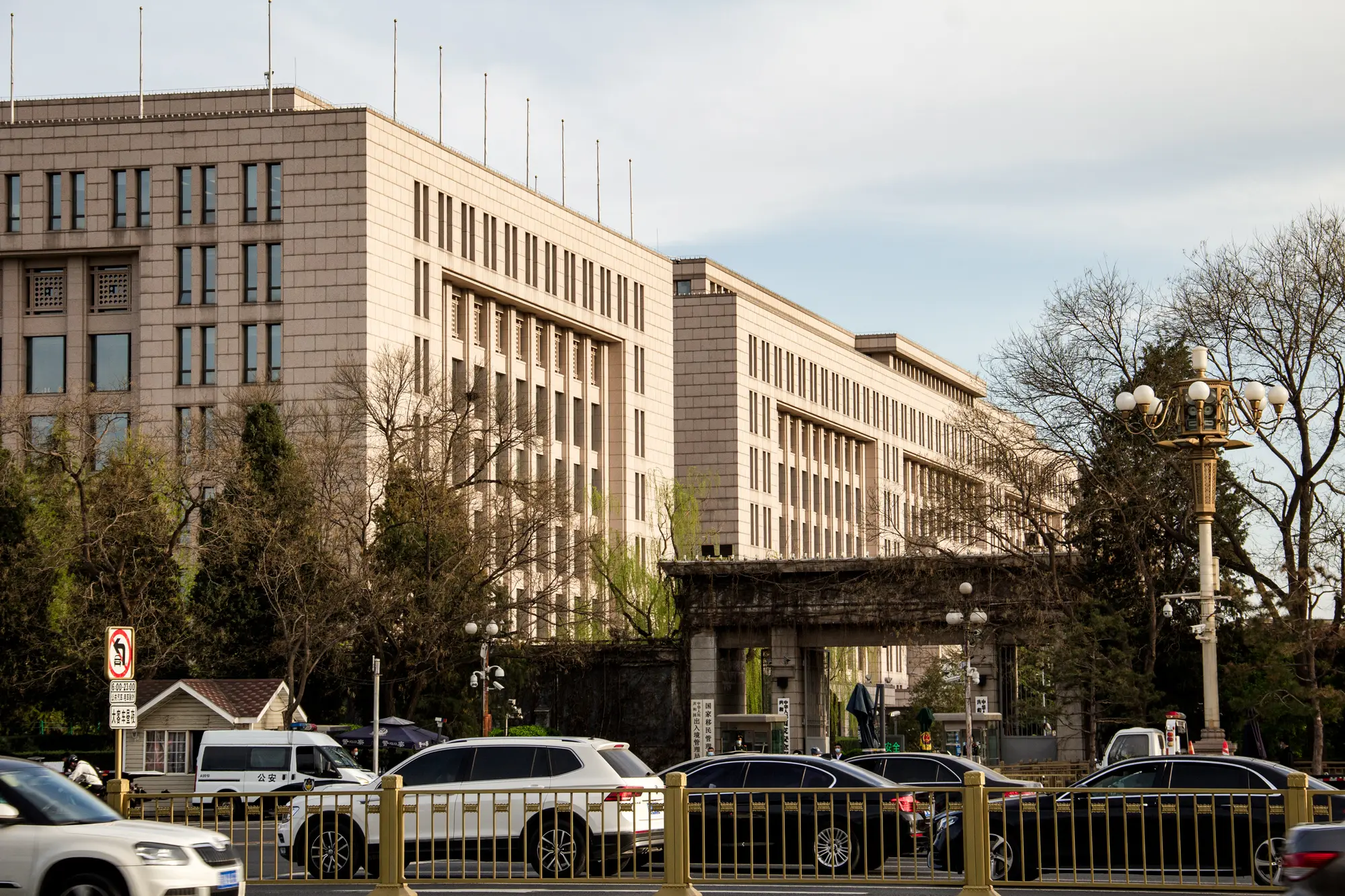
The Chinese Commerce Ministry, which released the new rare-earth export controls, is usually more dovish than agencies such as the Ministry of State Security, a formidable intelligence agency with Xi’s direct oversight. Under the security agency’s new leader, Chen Yixin, a longtime Xi confidant who stepped into the role in 2022, the agency has been dramatically expanding its mandate into social and economic spheres to enforce Party loyalty.
Pace for Decoupling
Following the Fourth Plenum, Chinese state media touted the country’s economic progress, with reporters praising the meeting’s official communiqué as opening a “new chapter of the China miracle.”
But a closer reading reveals a starker picture, analysts say.
The communiqué, normally centered around ideology and governance, instead prioritized self-resilience and national security.
Laying out the economic and social targets for the next five years, the Party document acknowledged “profound and complex” changes and rising uncertainty. The word “struggle”—from the communist theory of class struggle between the oppressors and the oppressed—appeared four times, which, together with frequent mentions of security, struck analysts as showing just the opposite.
Top on the list of goals is to achieve technological self-sufficiency, with authorities calling for original innovation and “core technology breakthroughs.” Alongside it were emphases on a more robust domestic demand and a stronger real economy built on greater manufacturing strength.
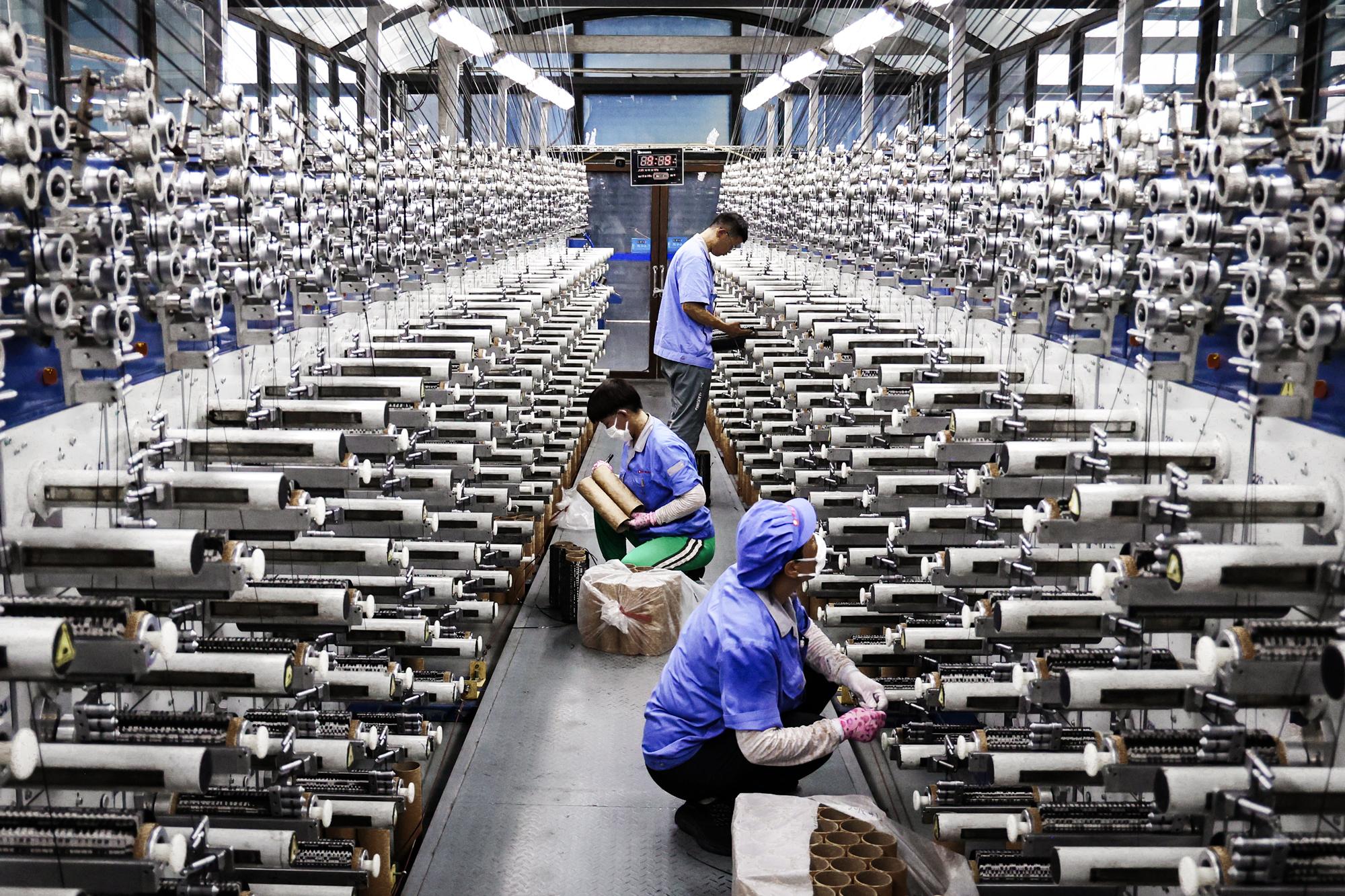
Sun Kuo-hsiang, director of the Institute of Asia-Pacific Studies at Taiwan’s Nanhua University, said the language shows that the regime is making a structural shift.
Economic and technological security is the foundation for national security; by reducing imports and reliance on foreign technology, the regime is shielding itself from the West’s high-tech export controls and sanctions, he said.
“China is readying itself for a long-term standoff with the United States,” Sun told The Epoch Times.
Tributes to Xi’s leadership have continued to flow from Chinese state media, and as is customary, officials have since held local study sessions to share with local officials the “spirit” of the plenary meeting in a show of loyalty to the Party and Xi.
The claims of unity might be a cover, according to China analyst and Epoch Times columnist Wang He.
“Behind closed doors, they stab each other, but in public, they still clink glasses,” he said.
For some in China, at least one thing is certain about communist officials.
“They are grasshoppers tied to the same string,” an activist told The Epoch Times, using the alias Wang Hua to protect his safety.
The phrase is a Chinese idiom meaning “they are in the same boat.”



